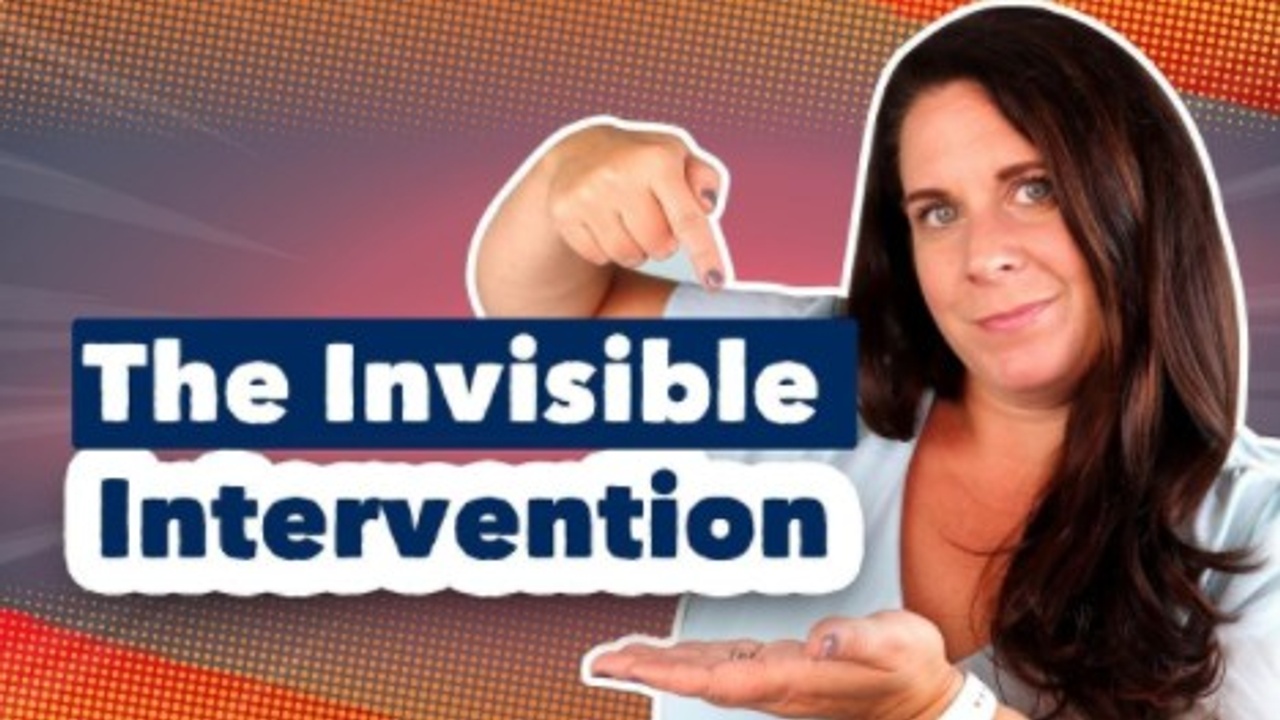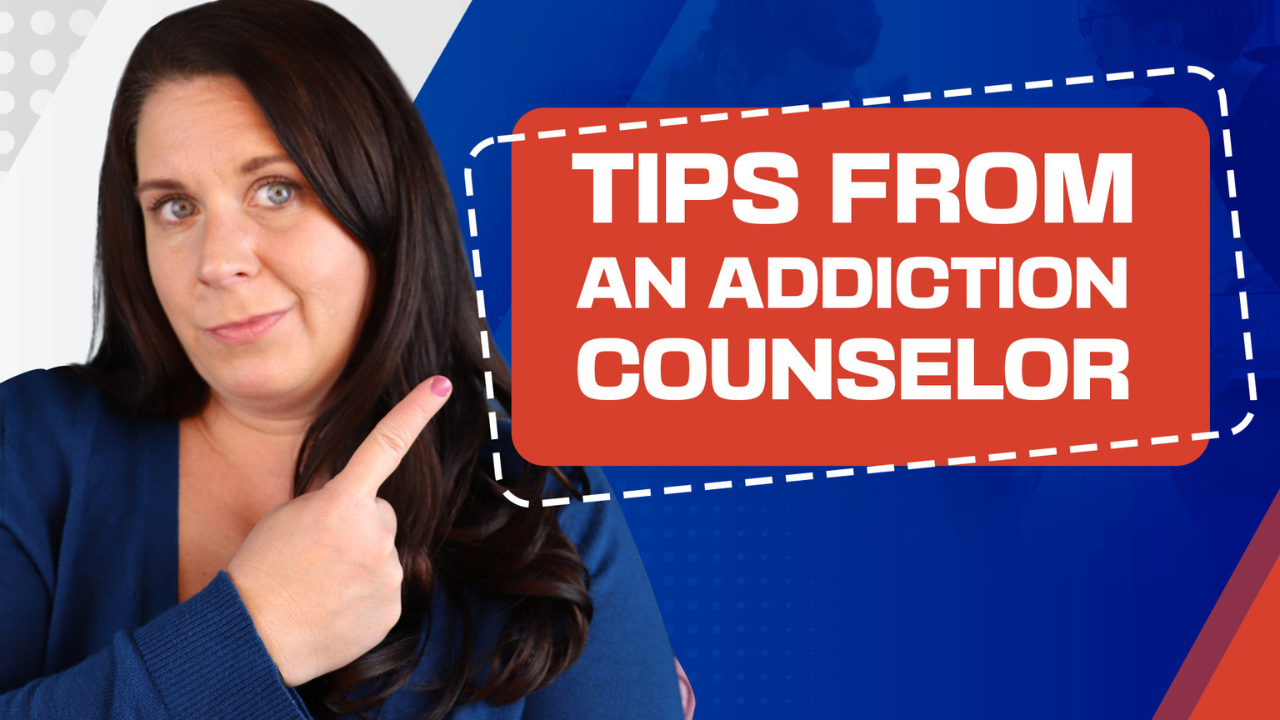Getting Them To Admit They Have An Addiction
You can't force someone to admit that they have an addiction.
Honestly, the harder you try, the more they will dig in that they don't have an addiction. There are ways to get someone to admit to the issue without trying to force them.
Since I've been in the addiction recovery world for 20+ years, I have witnessed an abundance of denial, and denial is very, very powerful.
There are reasons why people either can't or won't see the issue, but I want to give you five tactics that I use to help you circumvent that denial ego defense mechanism.
Tactic #1 Keep the Conversation Light.
First and foremost, and maybe even most importantly, keep the conversation as casual, light, and short as possible.
Don't try to have a big talk with them because as soon as you start talking seriously, their defenses go up. Wouldn't yours? Their walls are going to go up immediately. If you're casual and comfortable in a conversation, the other person will too.
Tactic #2 Normalize the Addiction.
Try to normalize the idea of having an addiction. If you can help people see that these days addiction is everywhere, and almost everyone develops an addiction.
When doing this, you're making the concept of having an addiction feel not so terrible, which means admitting that you have one doesn't make you an awful person.
Tactic #3 Give Them an Excuse
This tactic is not as bad as it sounds. I'm not saying to give an excuse to continue to make bad choices. I'm saying give them a way to accept that they have an addiction without destroying their sense of self, and ego, tearing them down and triggering all their shame. Let me give you some examples of what I mean by giving an excuse.
You can say, "Dude, no wonder this happened to you look at 'fill-in-the-blank" or "Dude, you're under so much stress. There's no wonder you're drinking. What you've been through in your childhood, I would probably end up with a negative coping skill.
What you're doing is you're saying, Hey, you were in this situation, and you have this problem. Not because you're an awful person, but because of X, Y, or Z.
When you combine this tactic with normalizing it, what you're doing is you're trying to take the shame away from the issue, which makes it a lot easier to admit.
Tactic #4 Help Them to Reshape Their Idea of Addiction.
Another strategy you can use to help someone admit that they have an addiction is to help them reshape what they see as an addiction. When people think about addiction, they think about the end-stage addiction, the worst of the worst. People with addiction go through stages before they get to the worst. My goal is to get people to see the issue and deal with it long before they lose everything.
You're shifting it from this terrible, horrible, confession of your sin to you know what, you got this. It's a practical problem, and you can deal with it.
Tactic #5 Read the Clinical Criteria for Addiction
A strategy that I sometimes use to help people figure out where they are in the stages is to read the official clinical criteria for having a substance use disorder. The criteria are the same for substance use disorder. You insert different words for the different types of addiction. I'll go through those criteria and have them count how many they have so they can diagnose themselves.
It's not me saying, Hey, this is what diagnosis you have.
I have them go through the criteria and decide where they are on the spectrum.
If you want to know what those criteria are, you can find the official list HERE.
Getting someone to see or admit that they have a problem isn't the same as getting them to do something about it. That's a wee bit more complicated, but some strategies and techniques are extremely effective for doing that as well.

It's what we teach inside of our Invisible Intervention, an online course for family members. We teach things like motivational interviewing, the CRAFT method, and other techniques that are researched and proven to get people out of denial and into recovery. If you want to see some of those techniques in action, I have a real-life session that you can watch for free HERE.
In that session, you'll see me using motivational interviewing, a specialized counseling technique we use for getting people out of denial and committed to change.
Amber Hollingsworth
Watch this video next:


